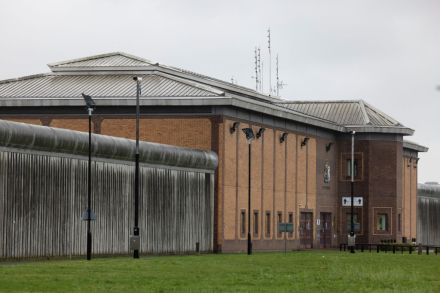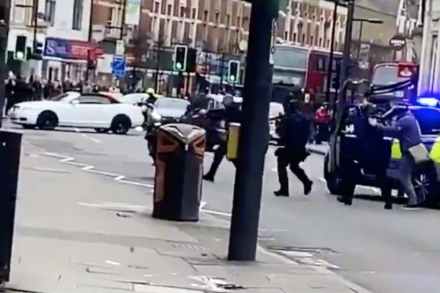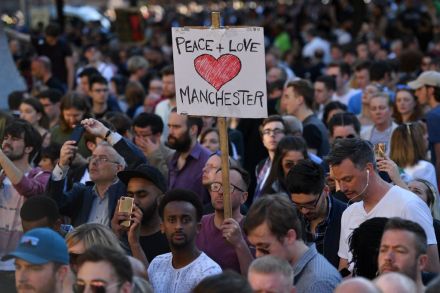We need to stamp out extremism in our prisons
Jonathan Hall QC, the government’s independent reviewer of terrorism legislation, has launched an inquiry into how our prison service is managing the threat posed by terrorism. The backdrop to his review is the rapidly accumulating evidence that, across our penal system, violent extremism has increased its grip resulting in outrageous attacks on either side of the prison walls. In an interview with the Times, Hall said he found it ‘astonishing’ that convicted terrorists, far from being at risk from other vengeful inmates, achieve iconic status. This is not astonishing for those of us who have been writing and arguing for some years about the need for a transformed response to

































